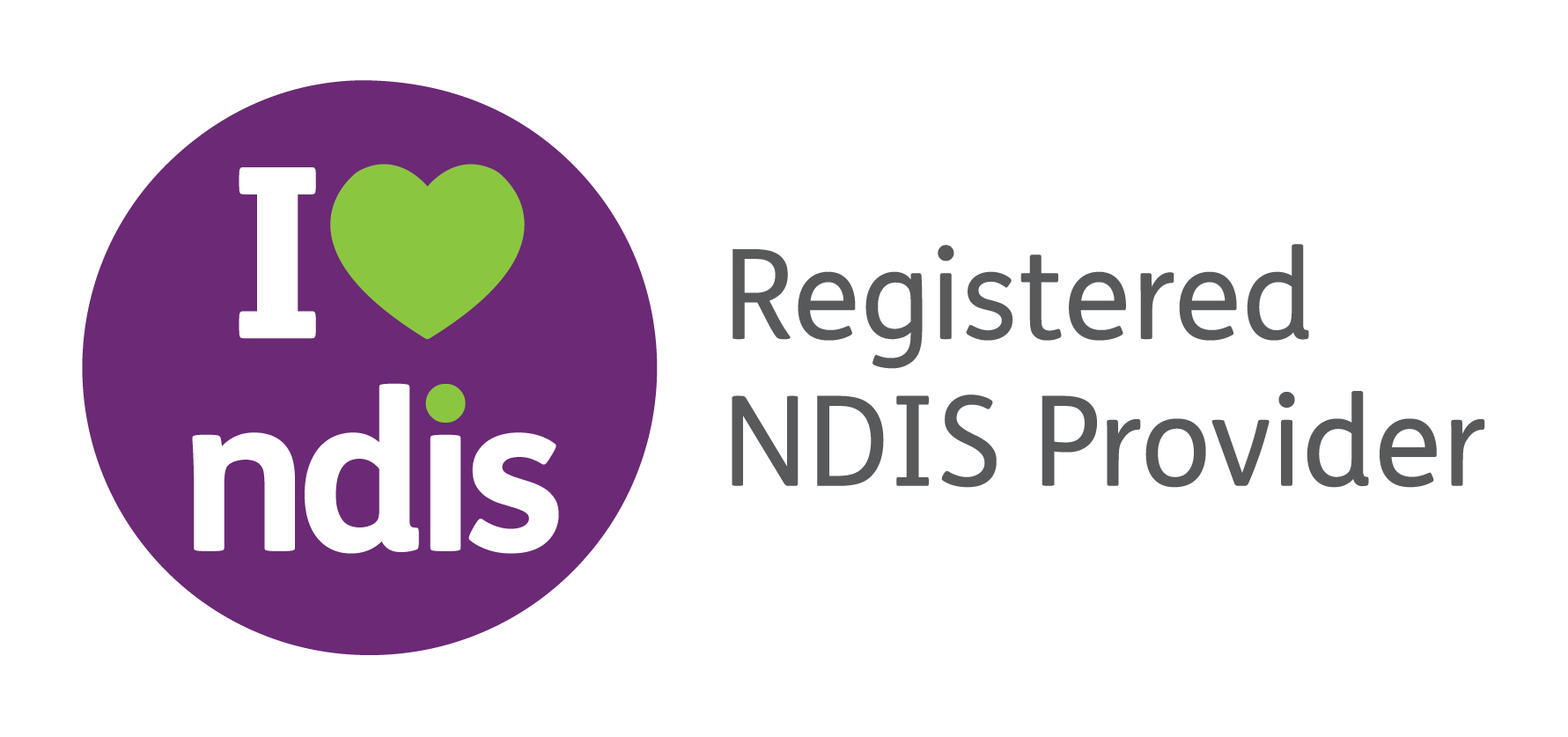SUBCUTANEOUS INJECTIONS
SUBCUTANEOUS INJECTIONS—THE QUICK AND EASY WAY TO GET YOUR MEDICATION
A subcutaneous injection is delivered just under the skin, allowing medication to absorb slowly into the bloodstream. They are commonly used for insulin, blood thinners, hormone therapy, and some vaccines. Administering these injections correctly is key to ensuring effectiveness and preventing discomfort.
HOW A NURSE CAN HELP
Even if you’ve been taught how to self-administer injections, having a professional nurse assist with or oversee the process can bring peace of mind.
A nurse can:
- Ensure correct injection techniques to prevent bruising and discomfort
- Rotate injection sites properly to avoid skin irritation
- Monitor for any adverse reactions or complications
- Provide reassurance and reduce anxiety during the process

SURPRISING WAYS INJECTIONS CAN IMPROVE YOUR HEALTH
These injections are commonly needed for:
- Diabetes management: Insulin injections help keep blood sugar levels stable.
- Blood clot prevention: Certain medications, like heparin, help reduce the risk of dangerous clots.
- Hormone therapy: Some conditions require ongoing hormonal treatments.
- Pain management: Certain medications for chronic pain are delivered subcutaneously.
WHAT TO EXPECT DURING A SUBCUTANEOUS INJECTION
If you or a loved one needs regular injections, here’s what to expect:
- The nurse will clean the injection site to prevent infection.
- The medication is drawn up using a sterile syringe.
- The injection is given quickly and with minimal discomfort.
- The area is monitored for any skin irritation or reaction.
- The nurse provides guidance on aftercare and when to seek help if needed.

"It’s often the smallest changes in technique that make the biggest difference in comfort and effectiveness."
- Erin
OVERCOMING NEEDLE ANXIETY
If the thought of injections makes you nervous, you’re not alone.
- Many people feel anxious about needles, but there are ways to make the process easier:
- Distraction techniques, like deep breathing or listening to music
- Using numbing creams to reduce sensation
- Having a trusted nurse provide support and encouragement

GET PROFESSIONAL INJECTION SUPPORT
Whether you need help with a one-time injection or ongoing support, expert nursing care ensures you get the treatment you need as safely and comfortably as possible. Taking control of your health doesn’t have to be overwhelming. With the right care, subcutaneous injections can be a simple and manageable part of your routine.


